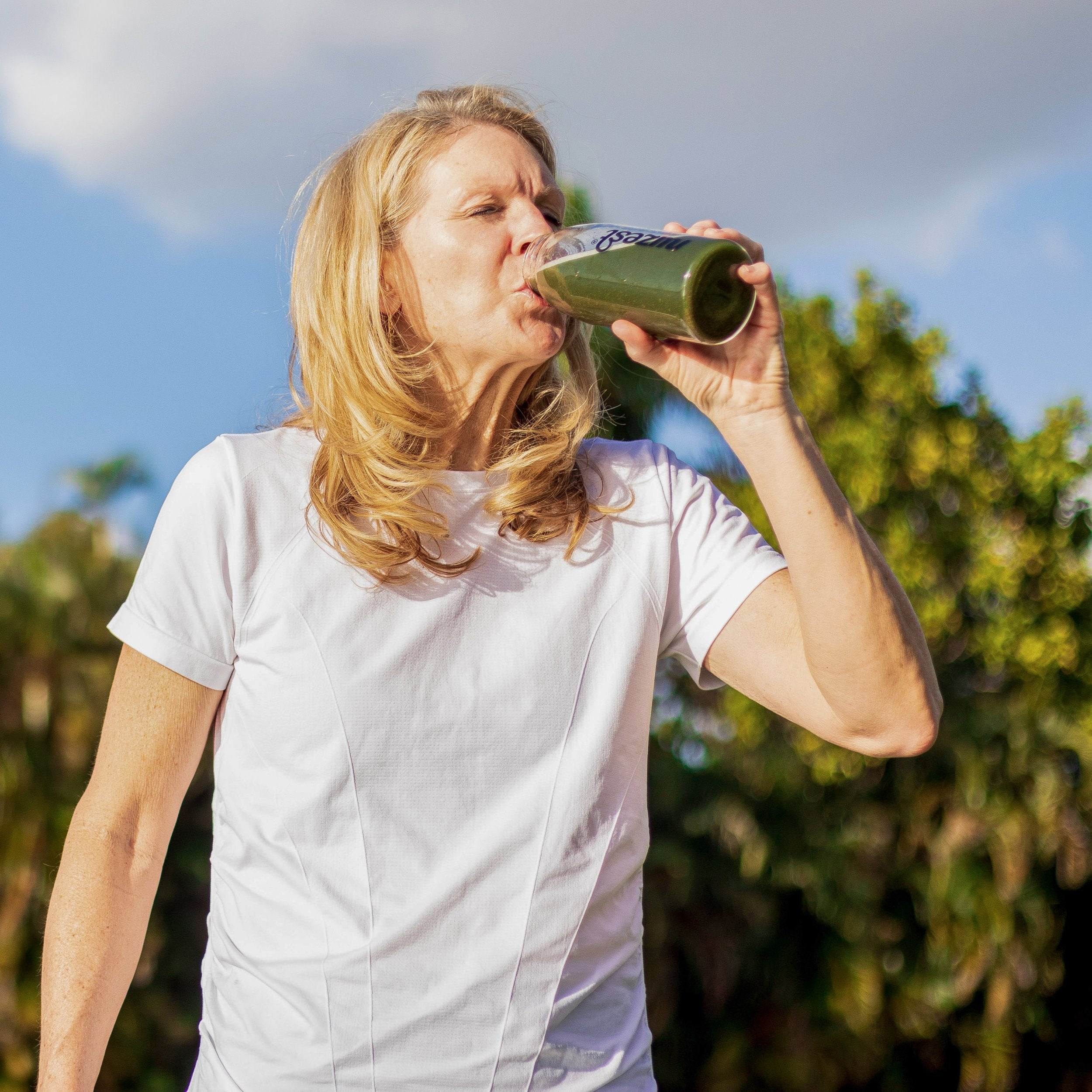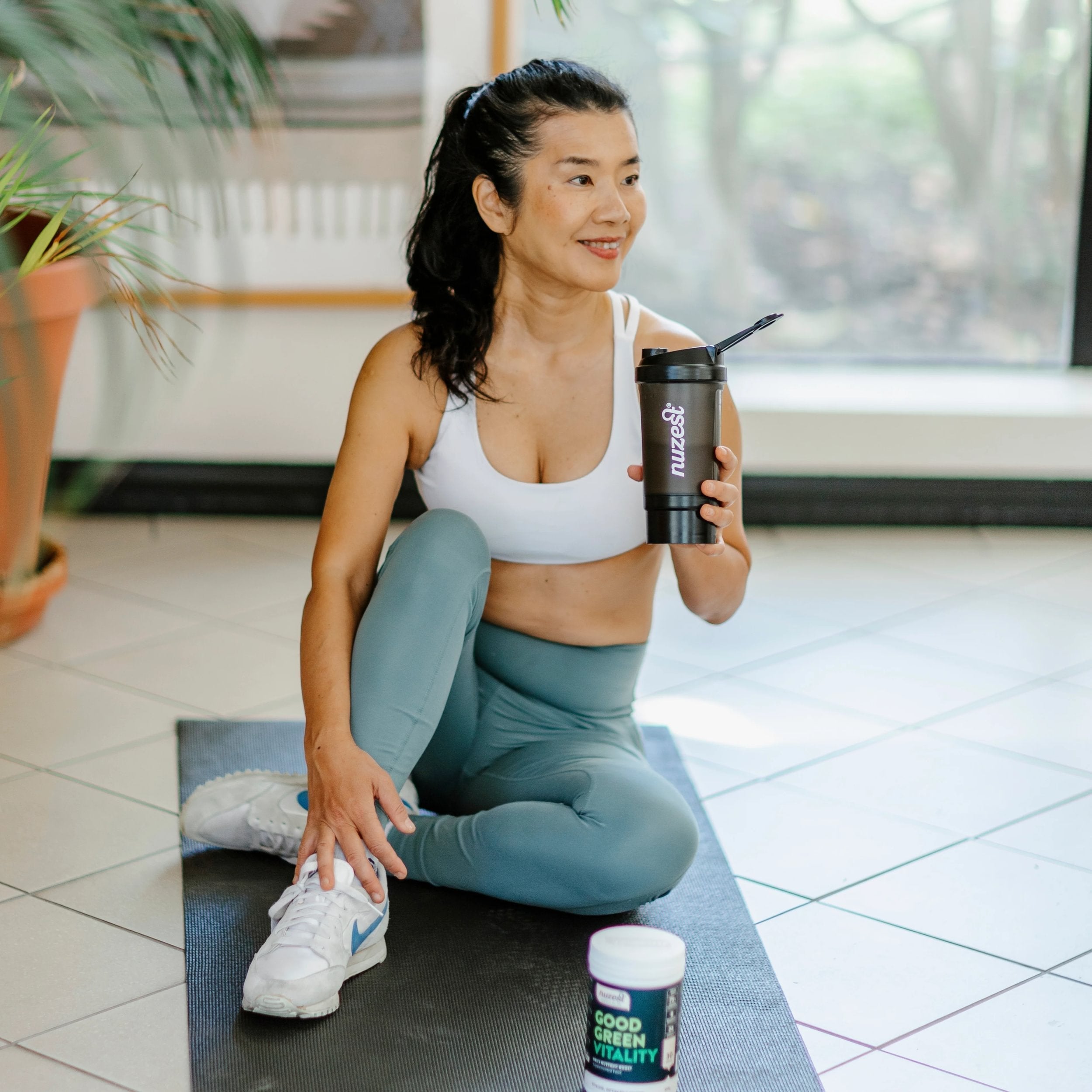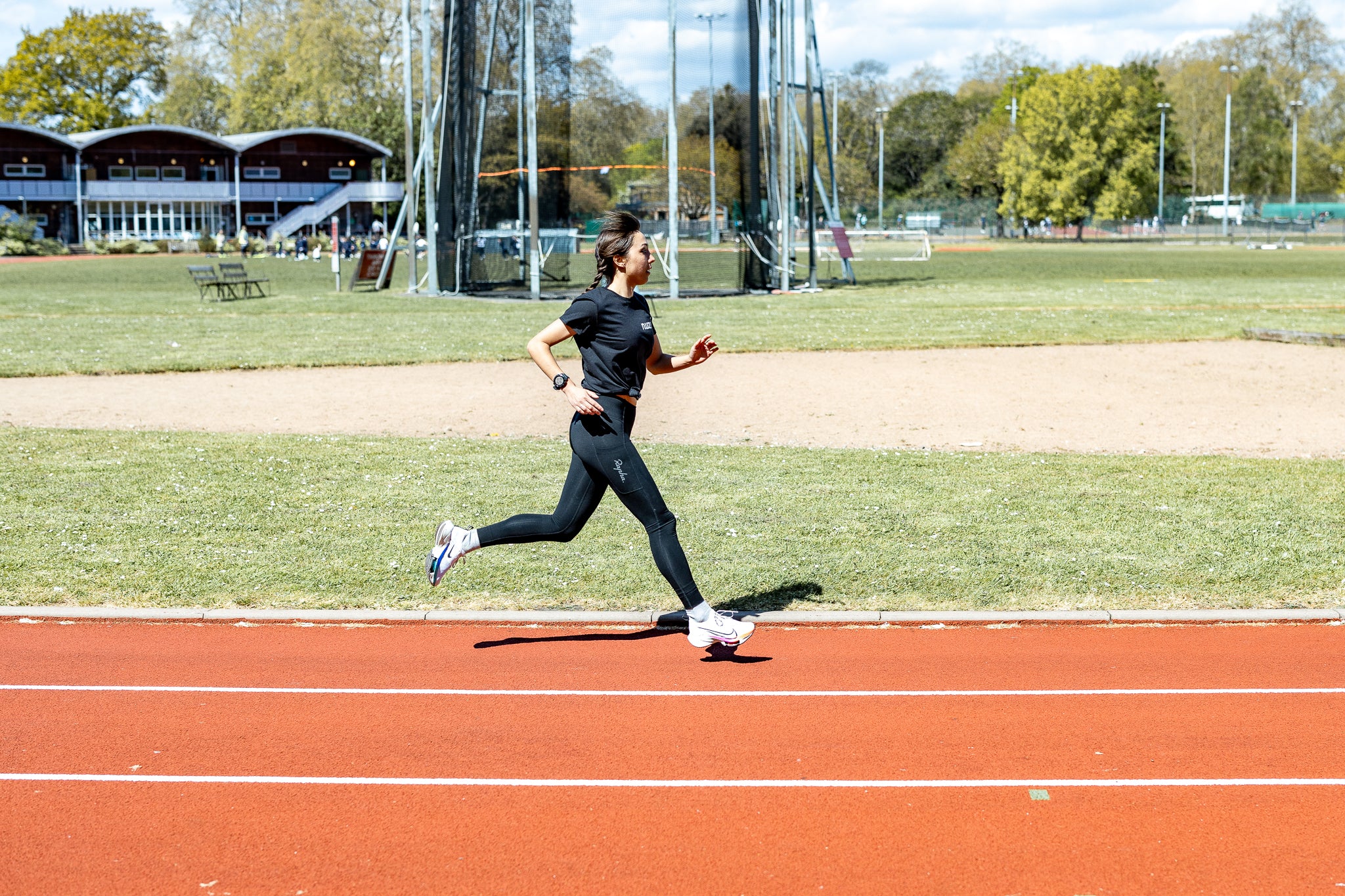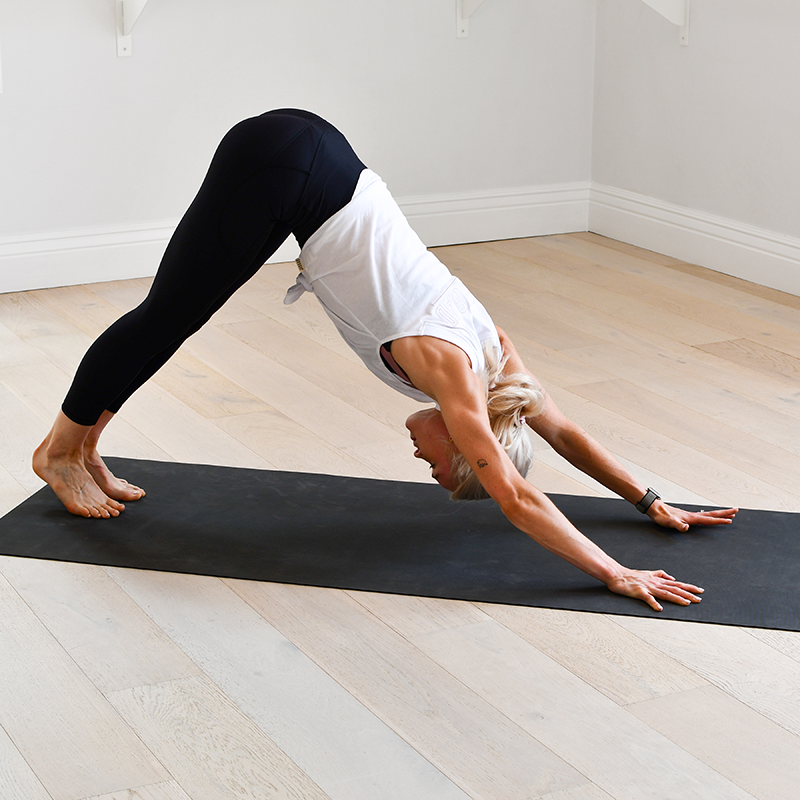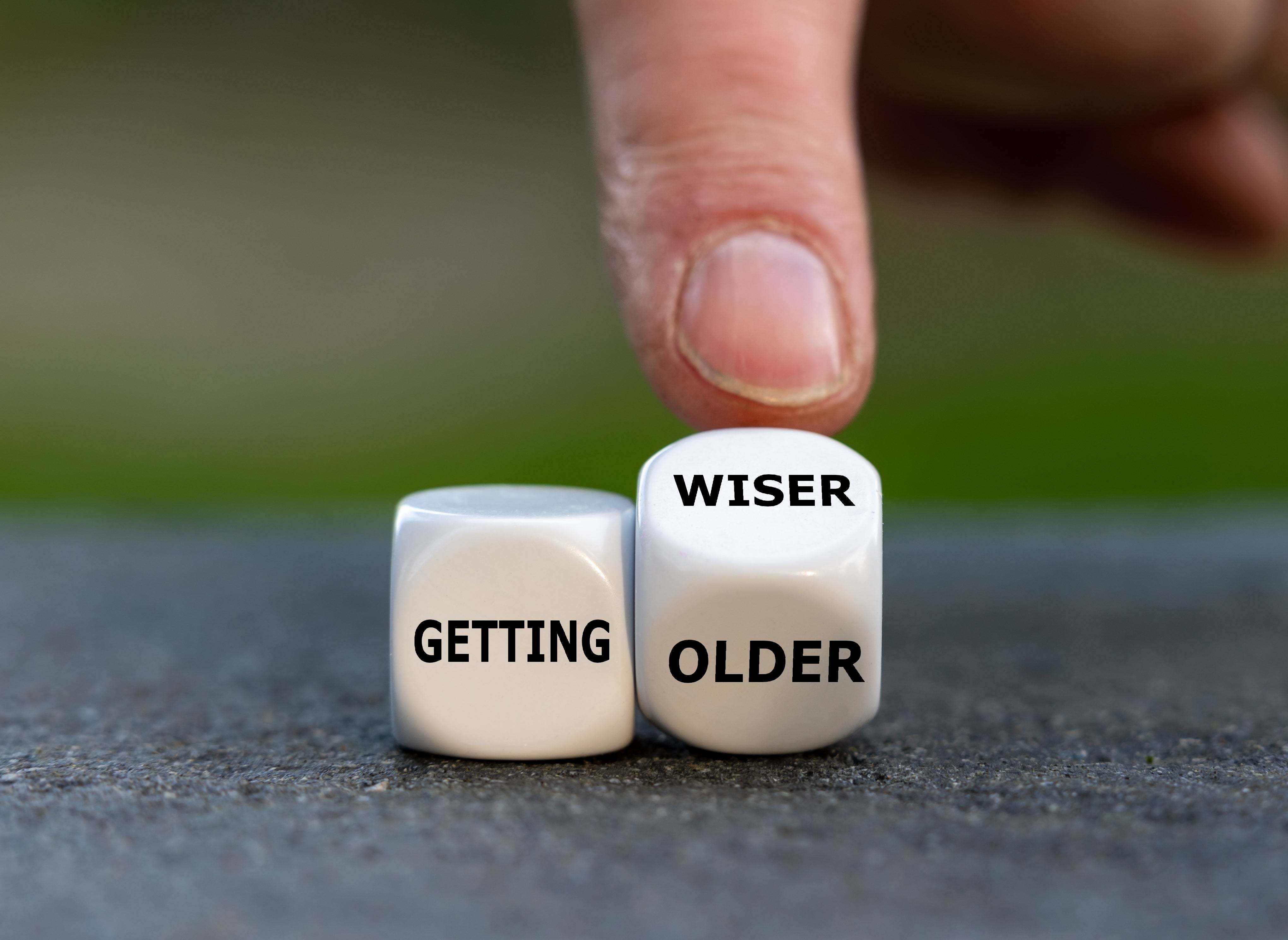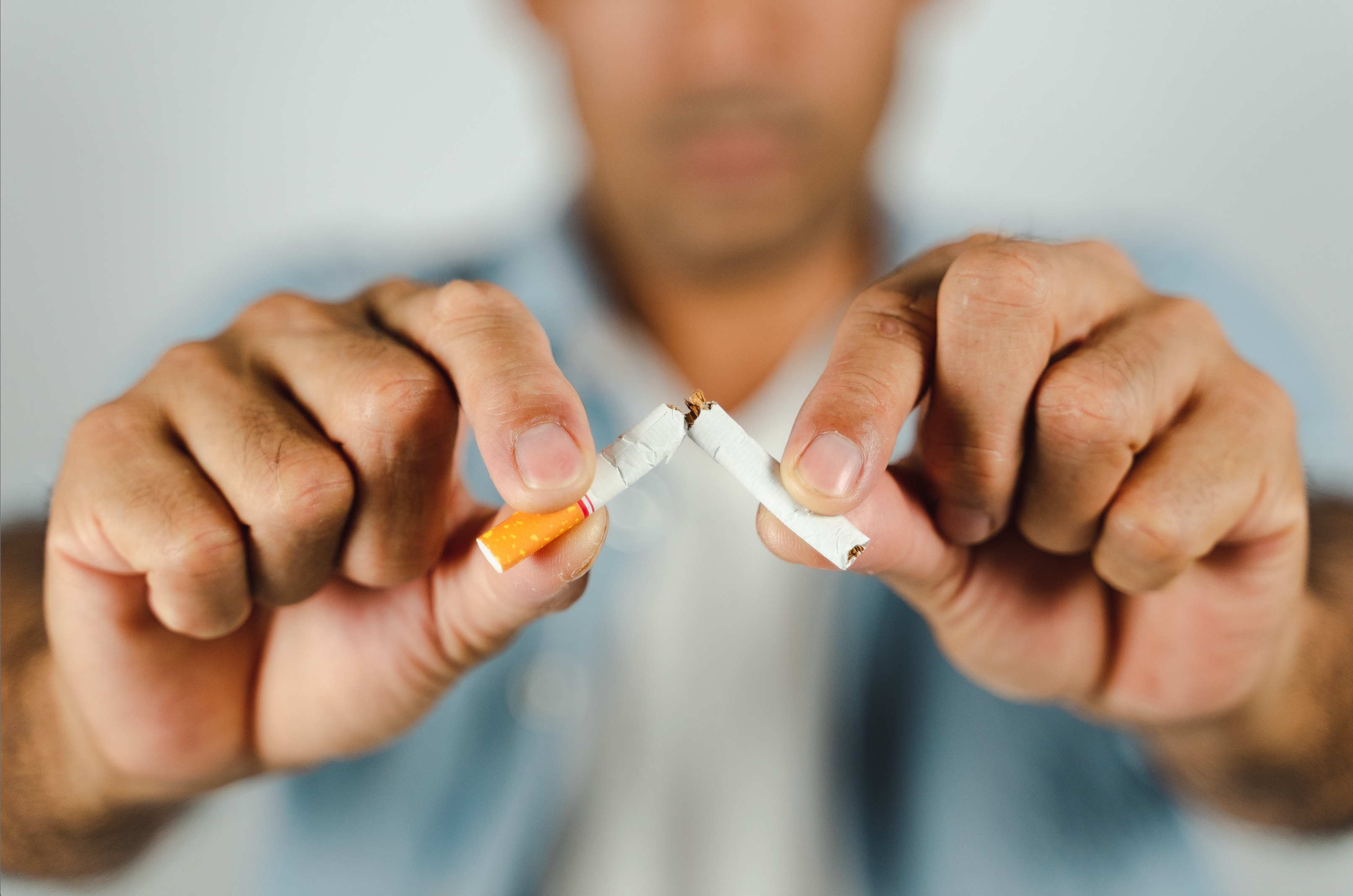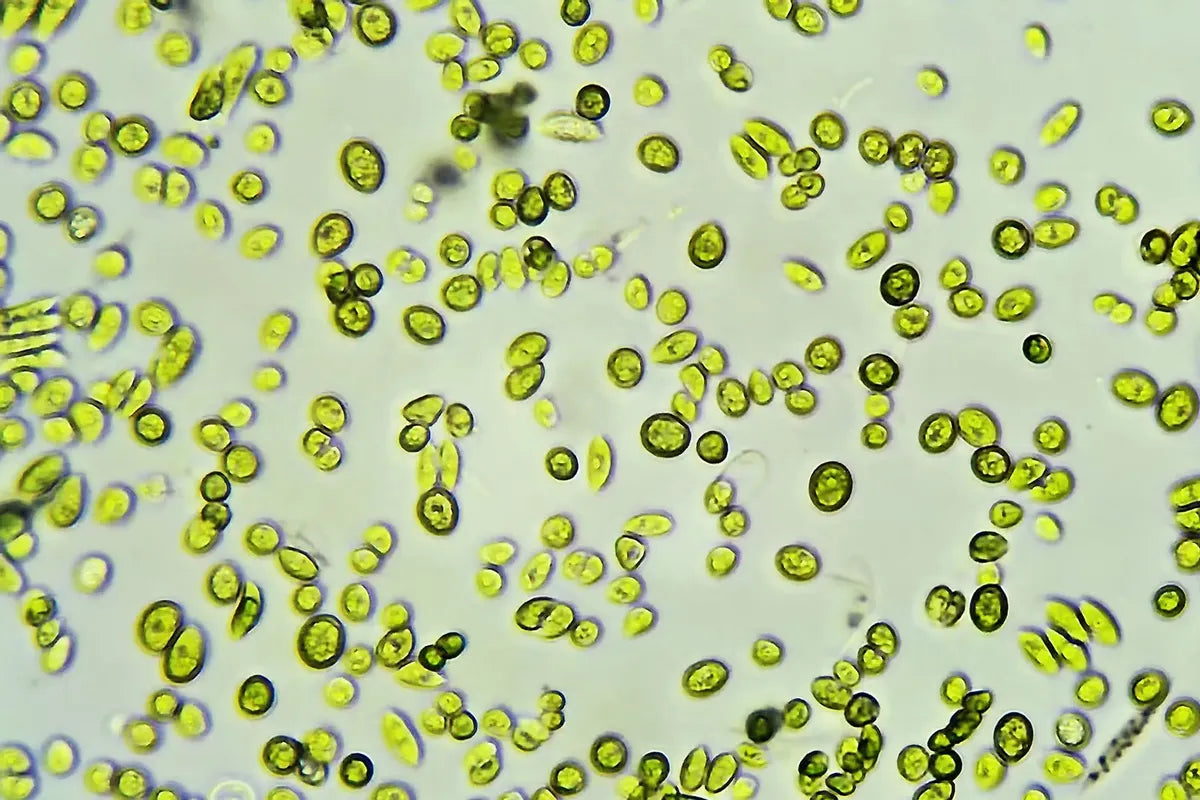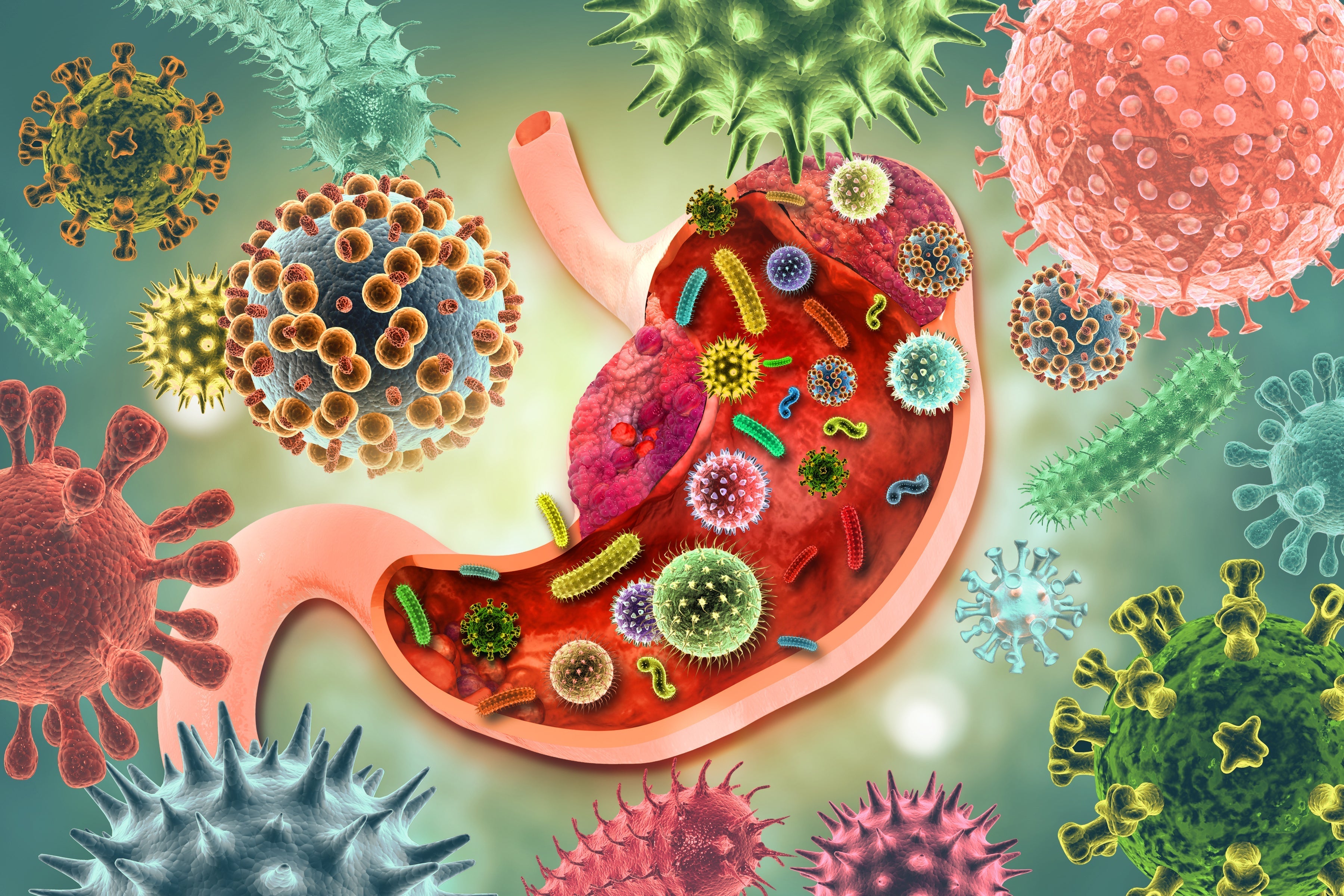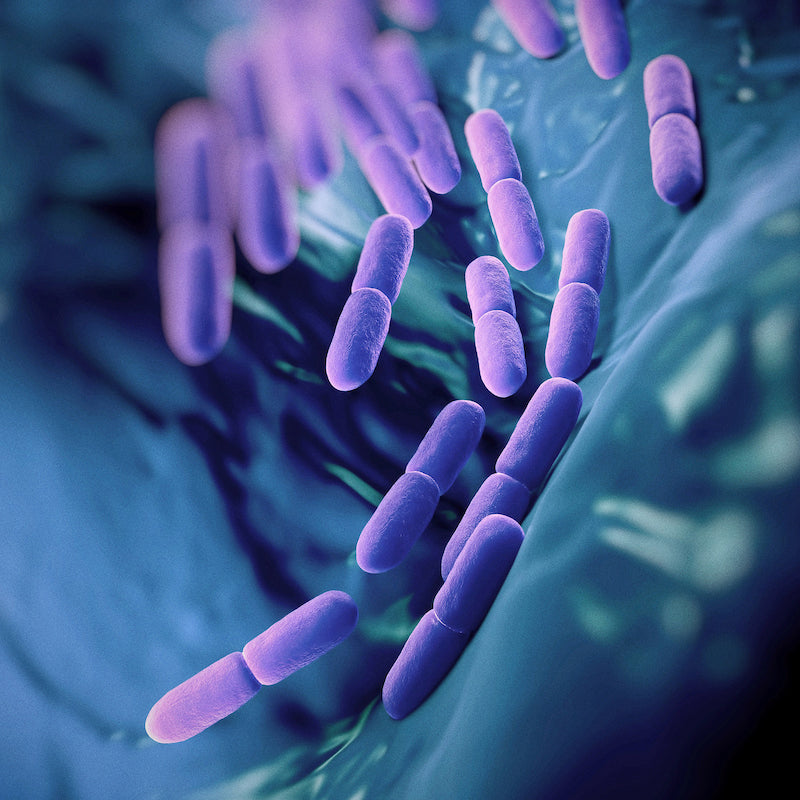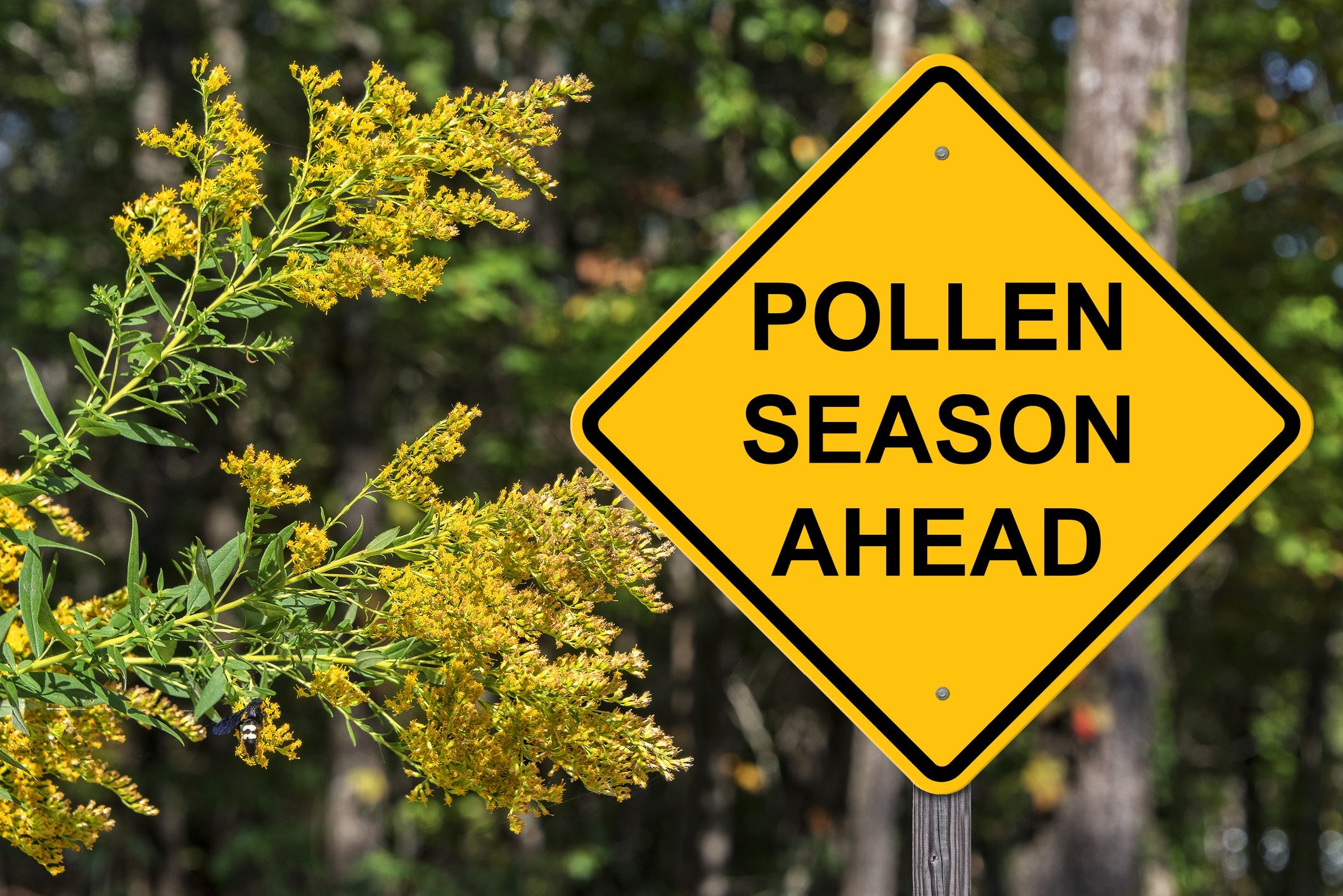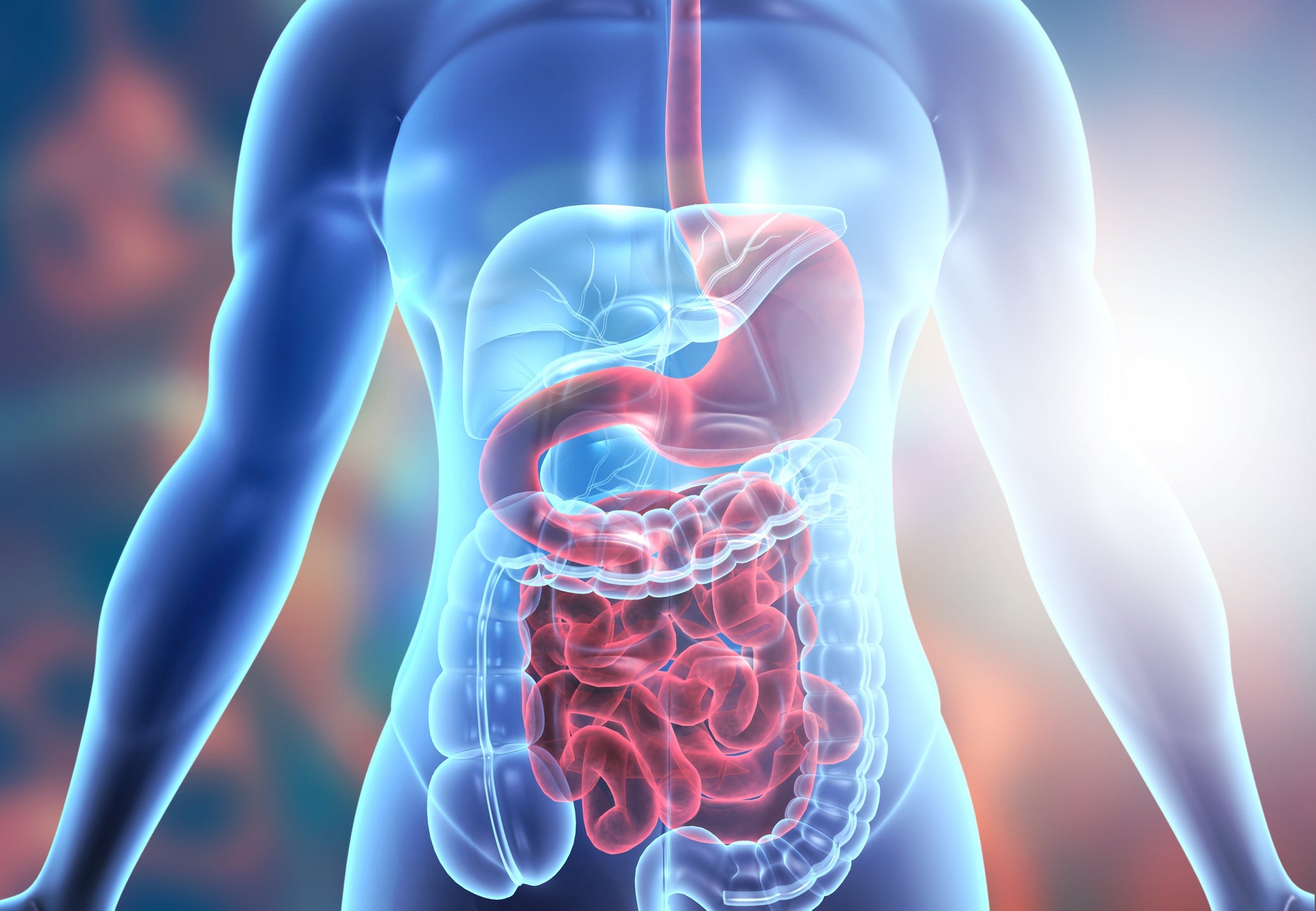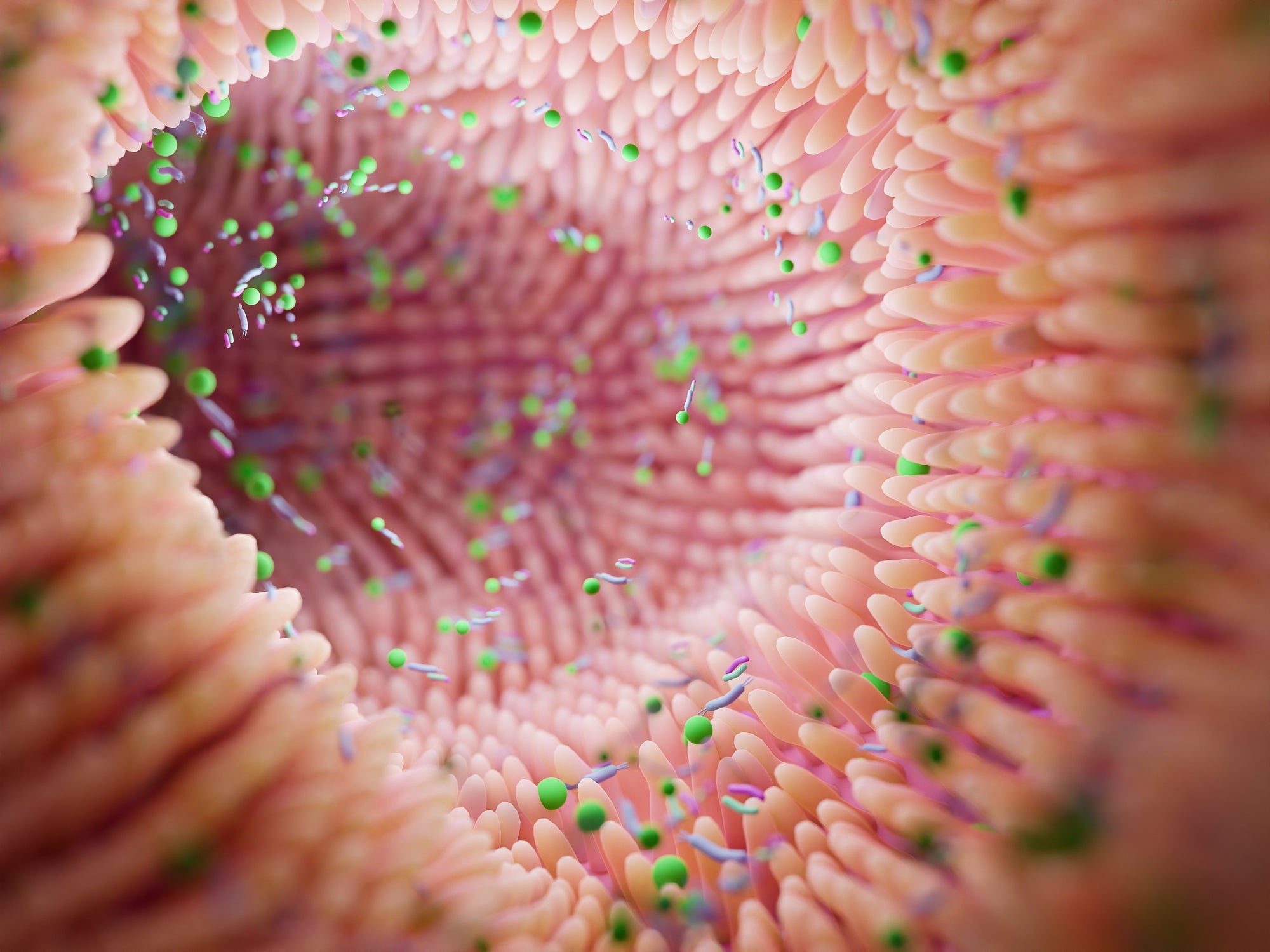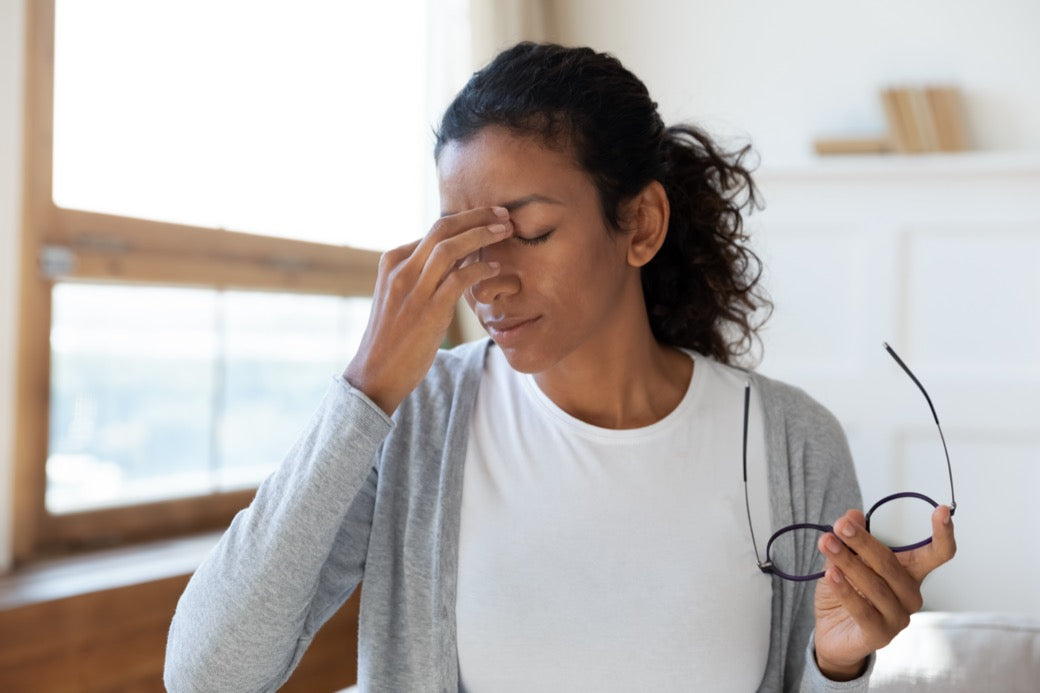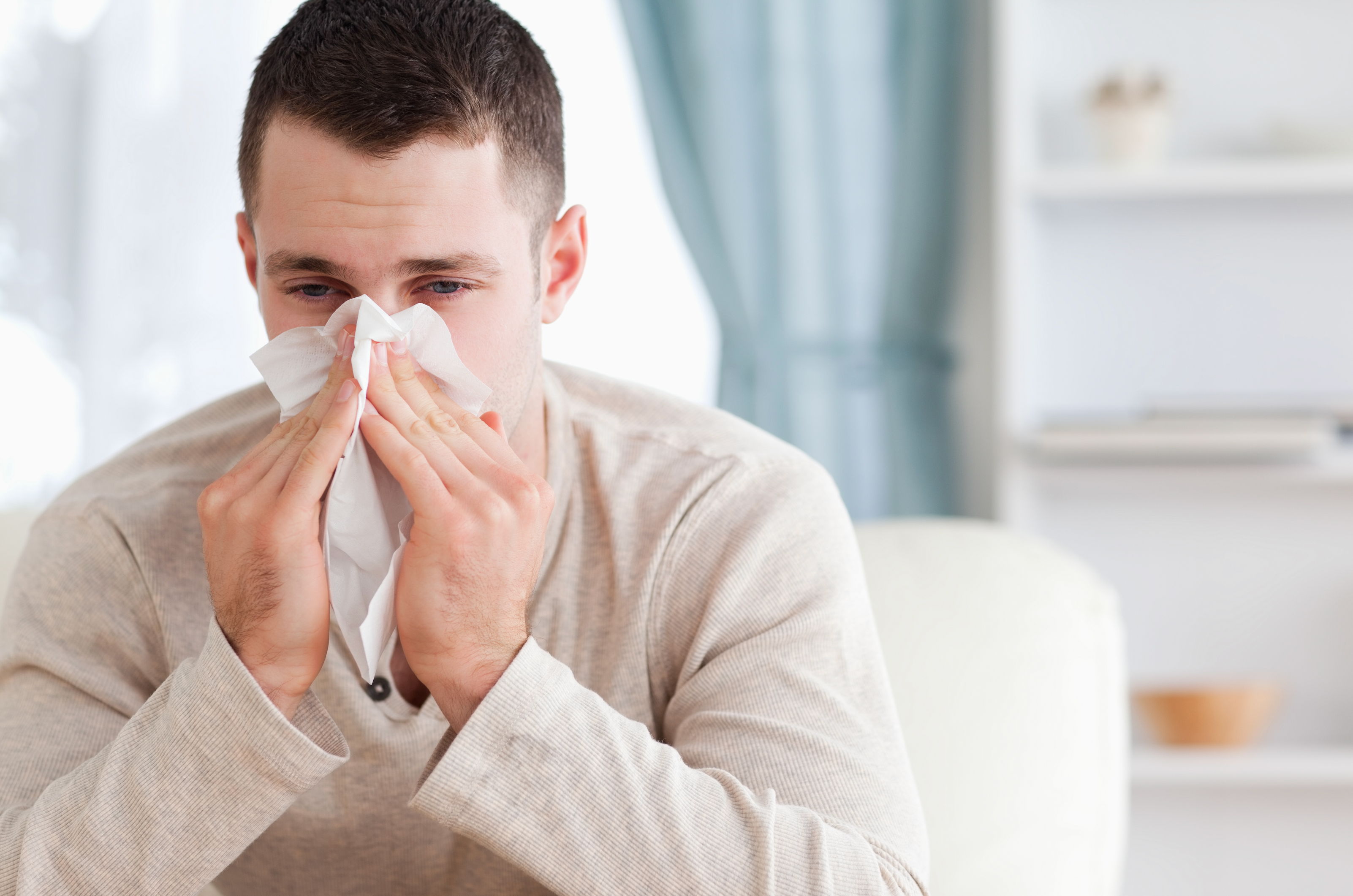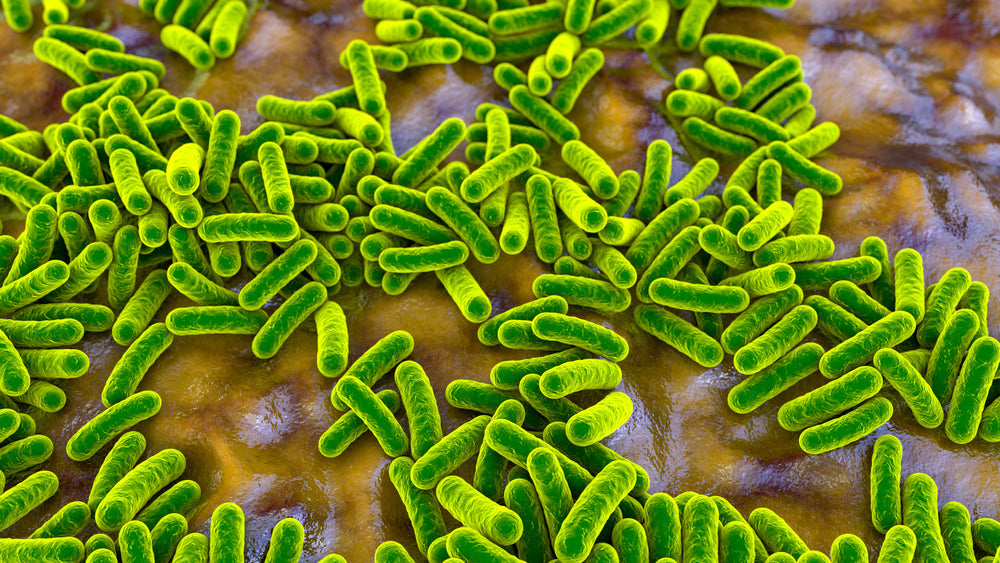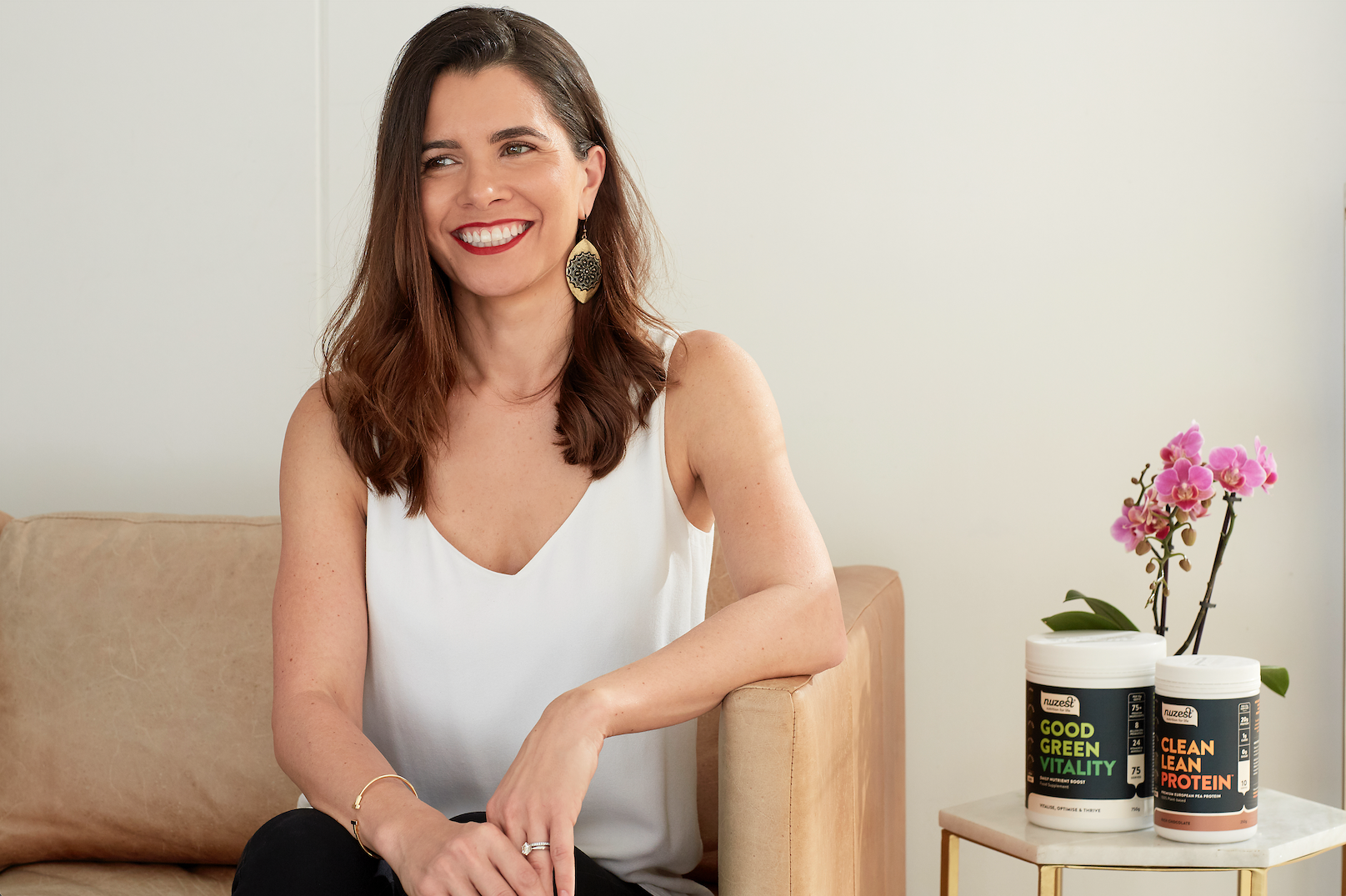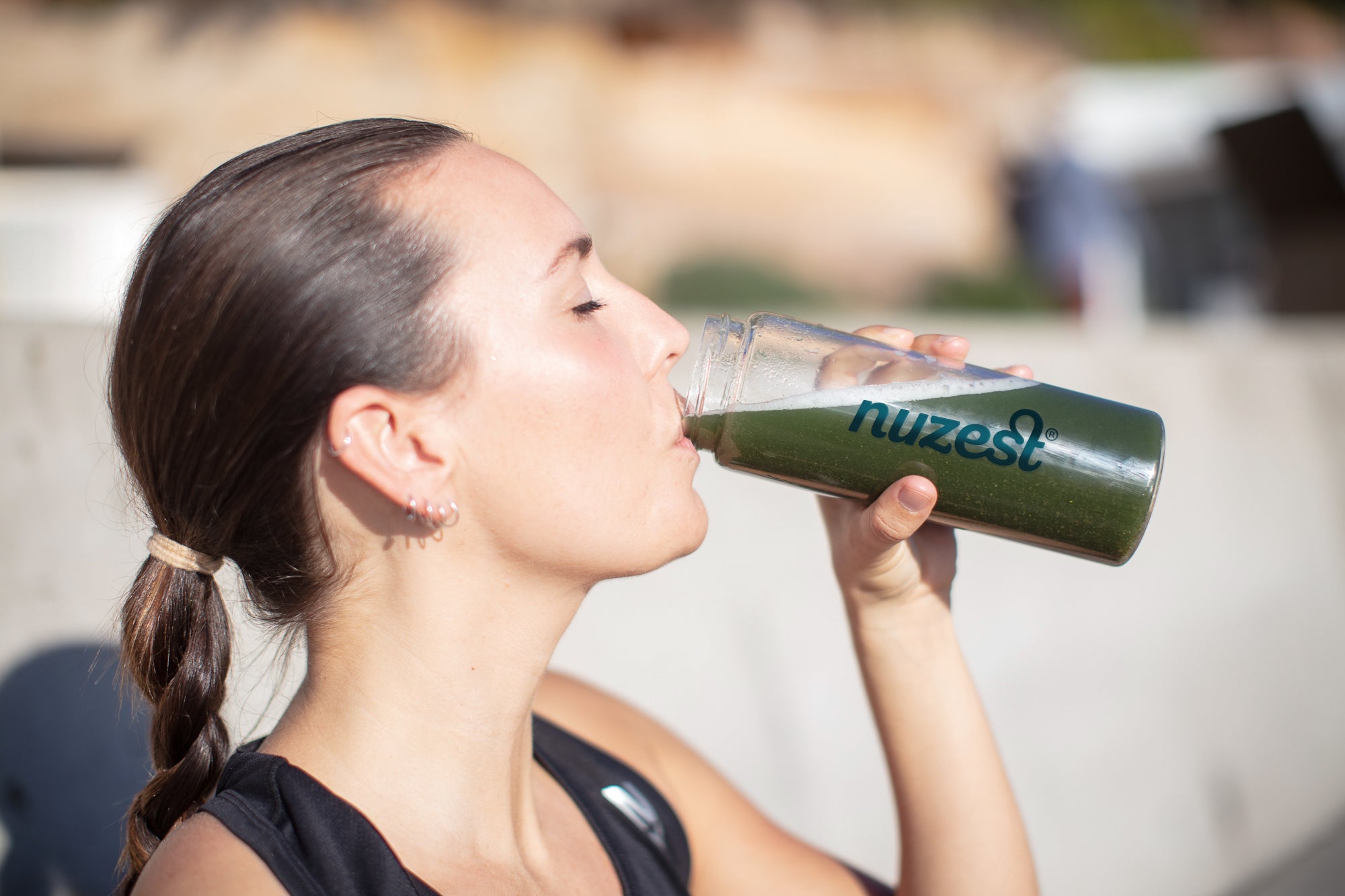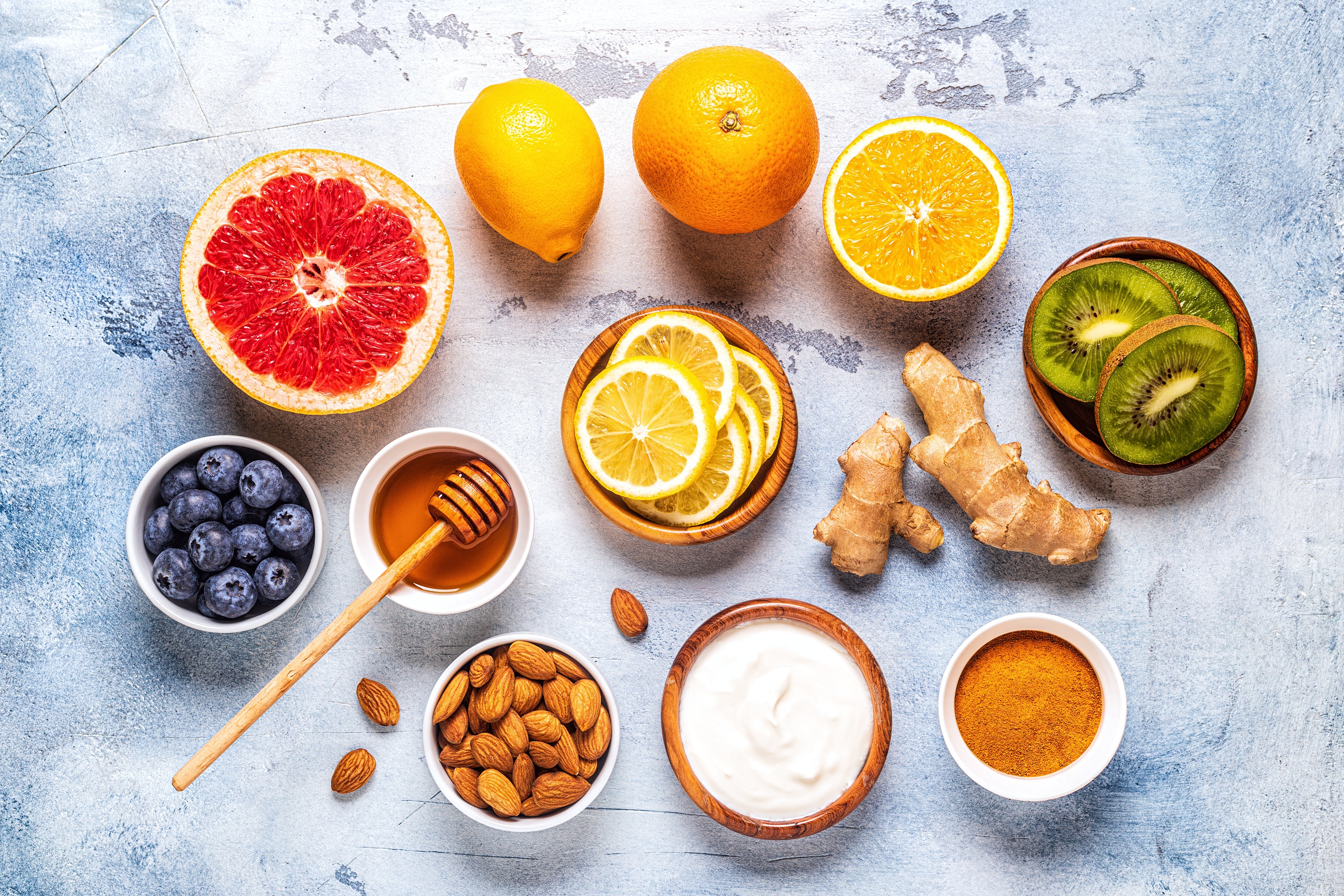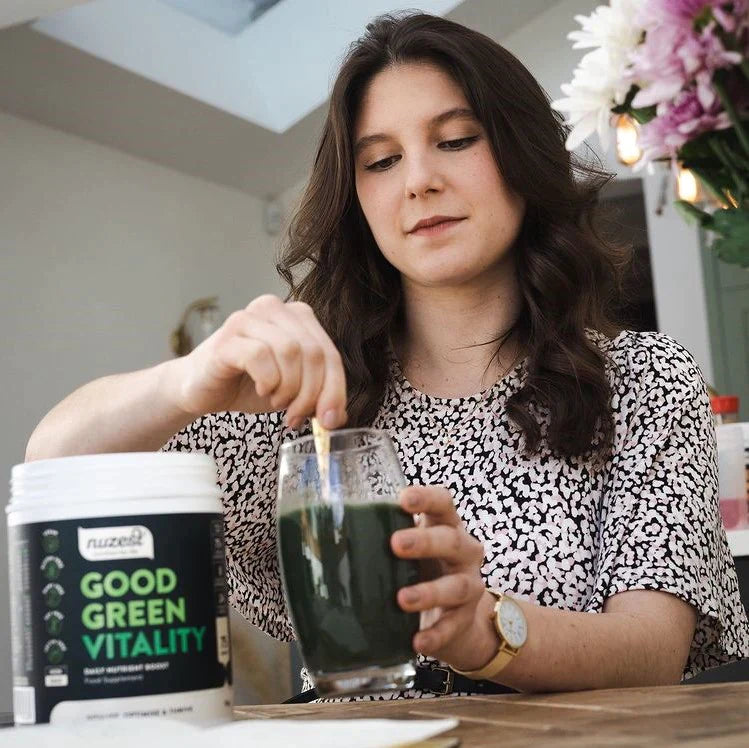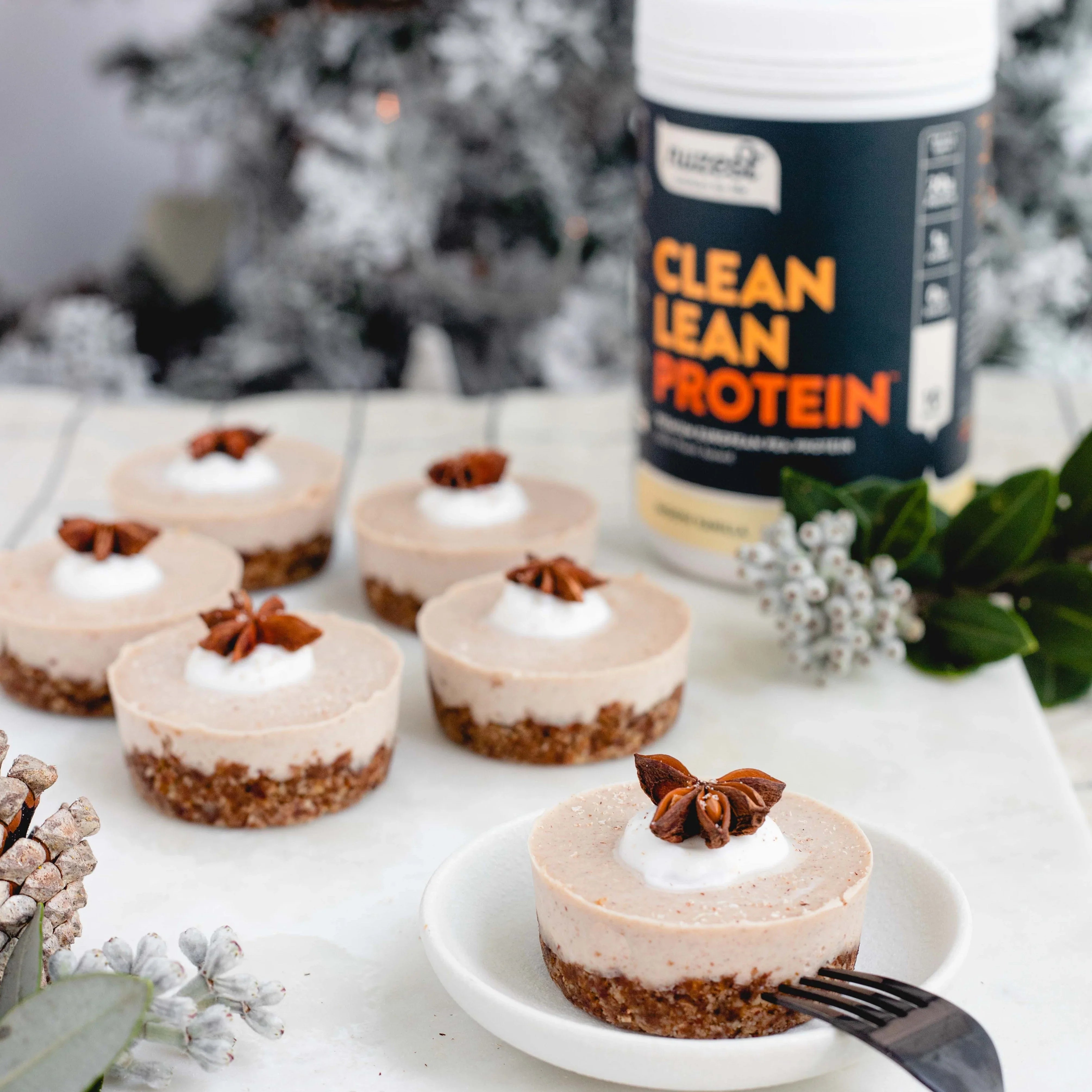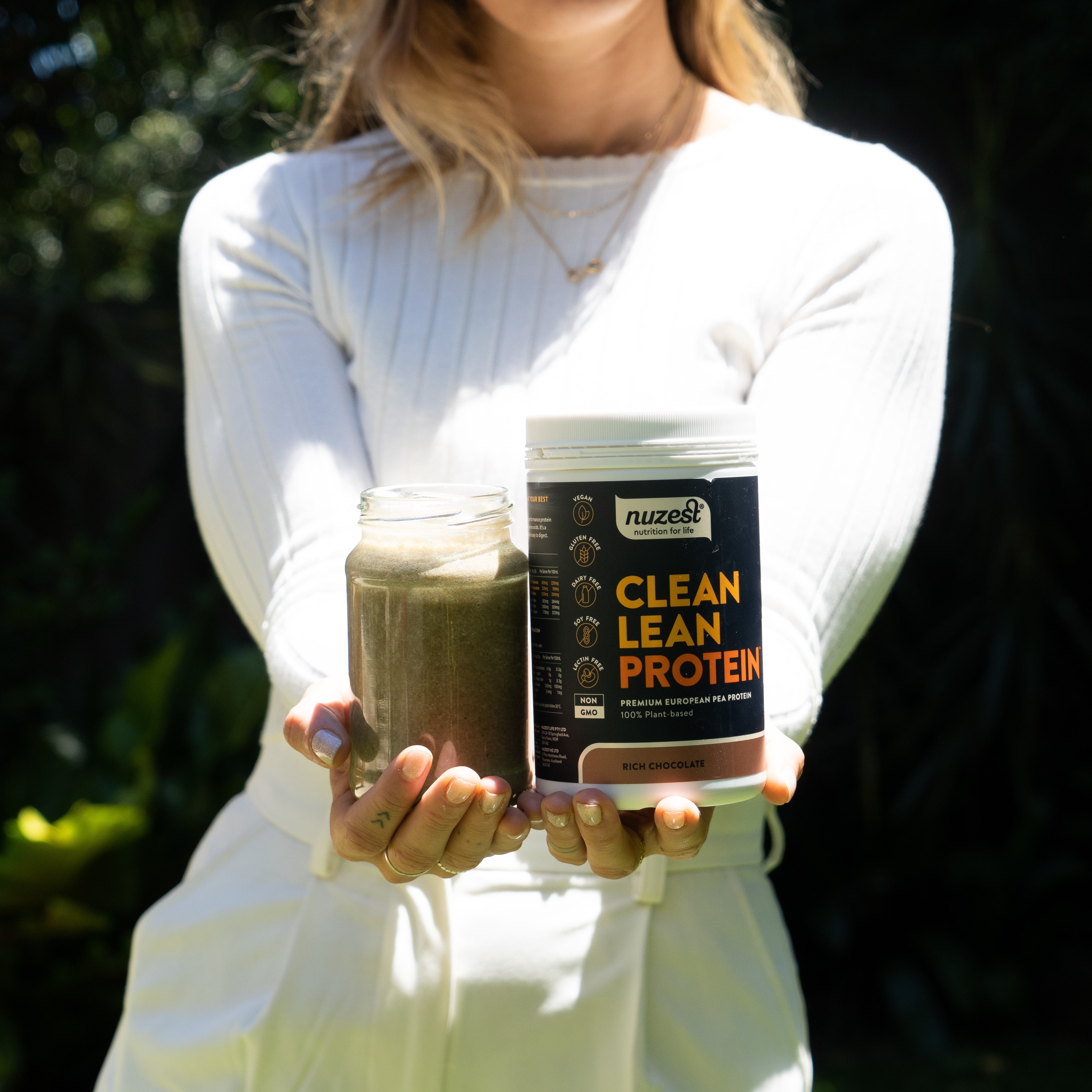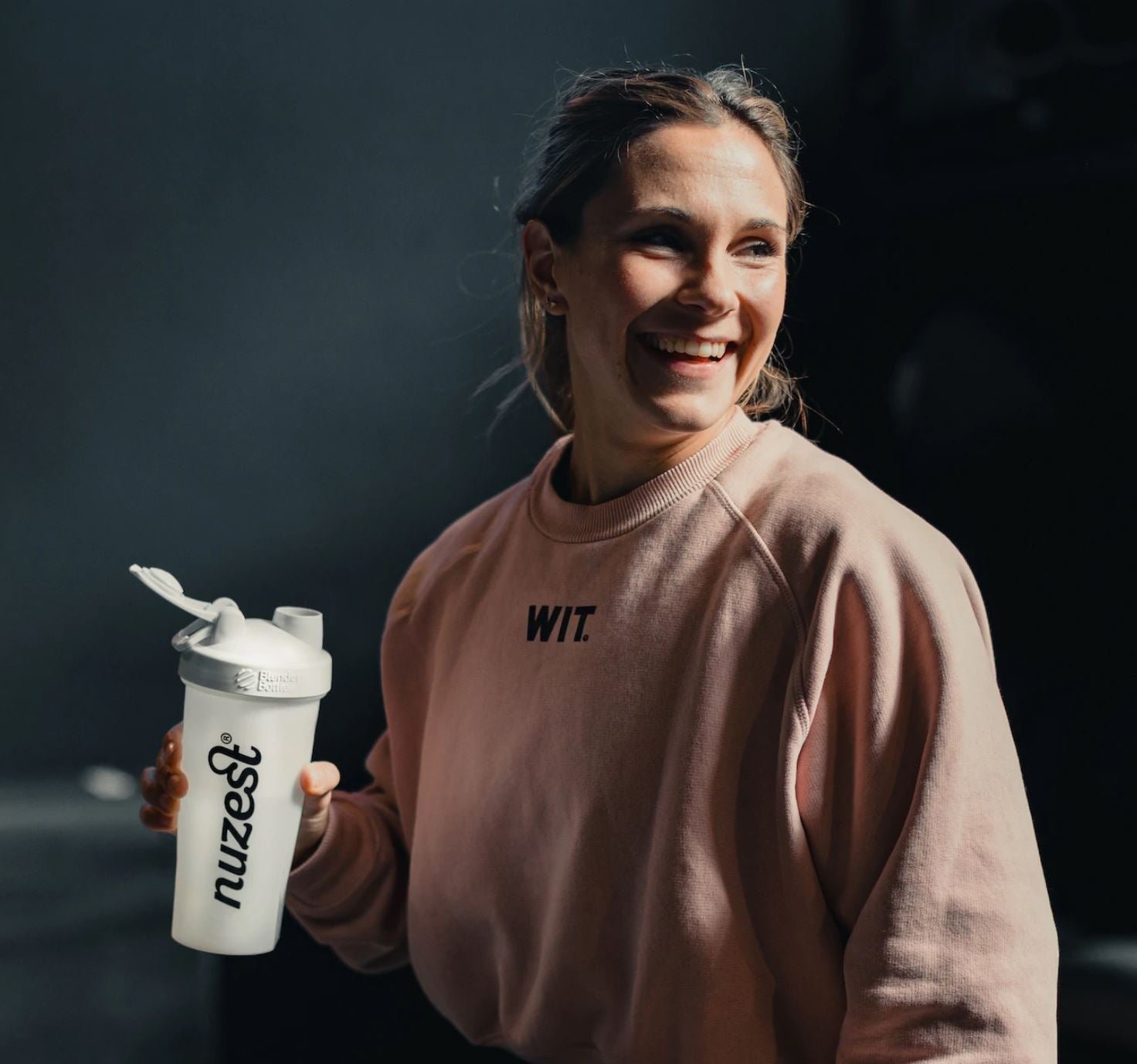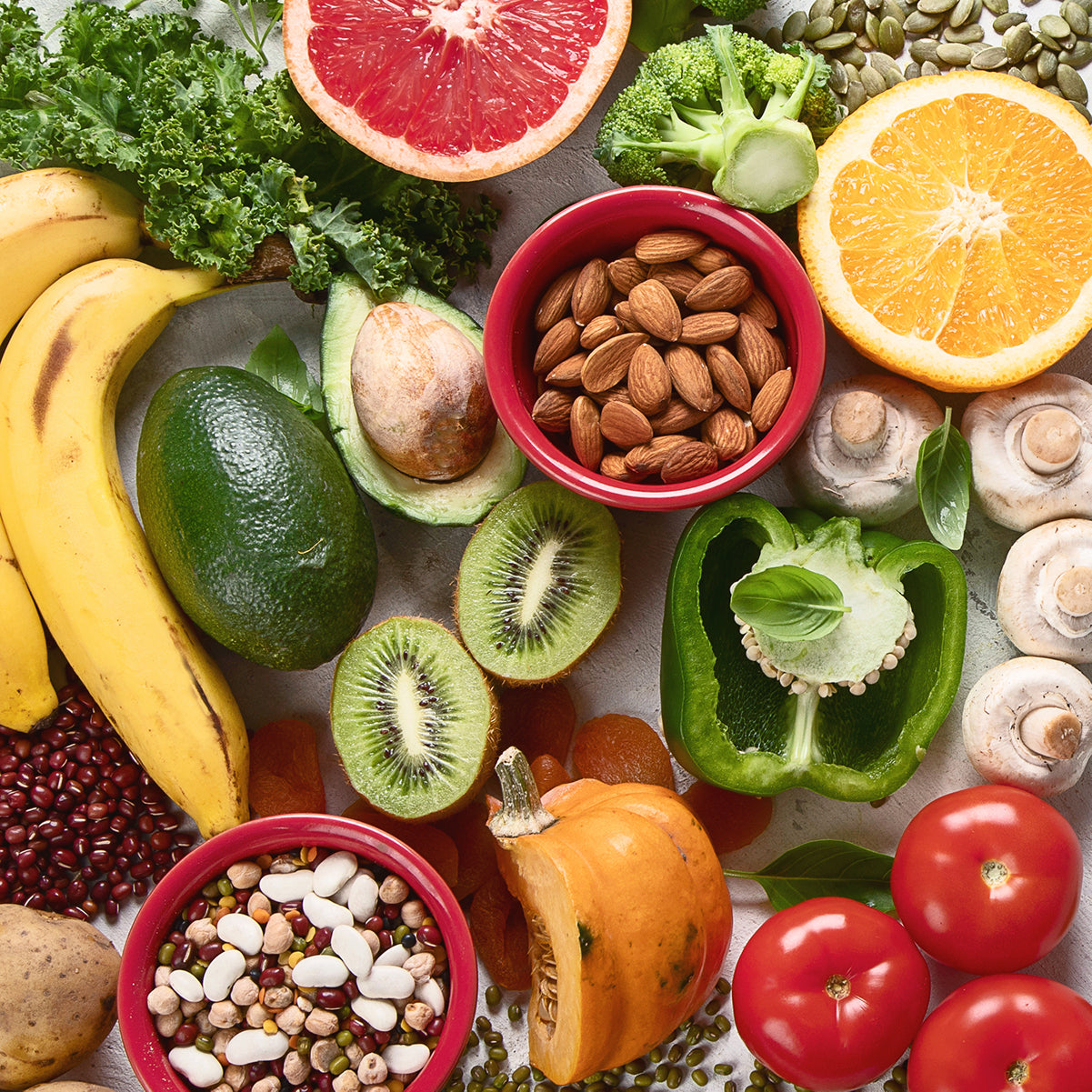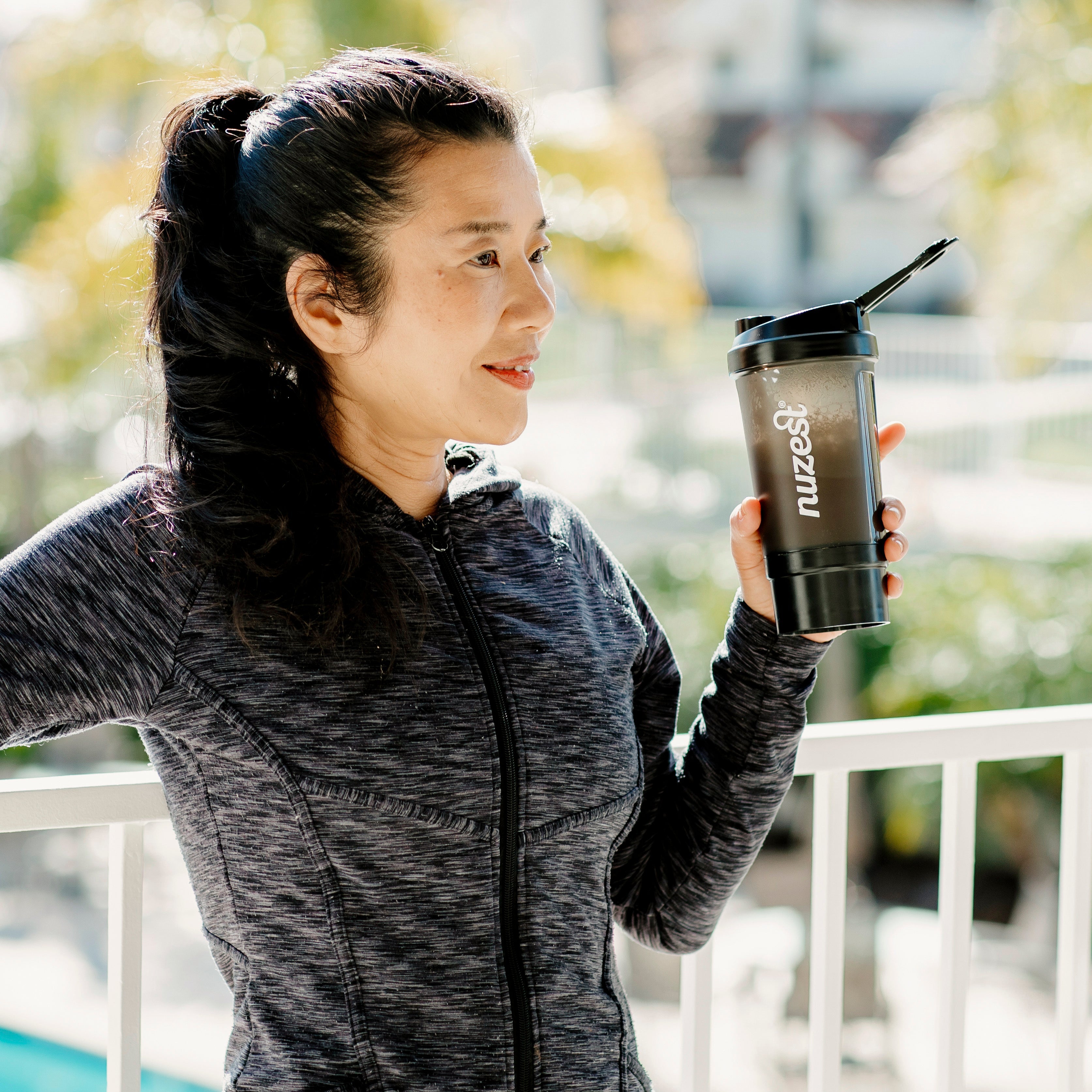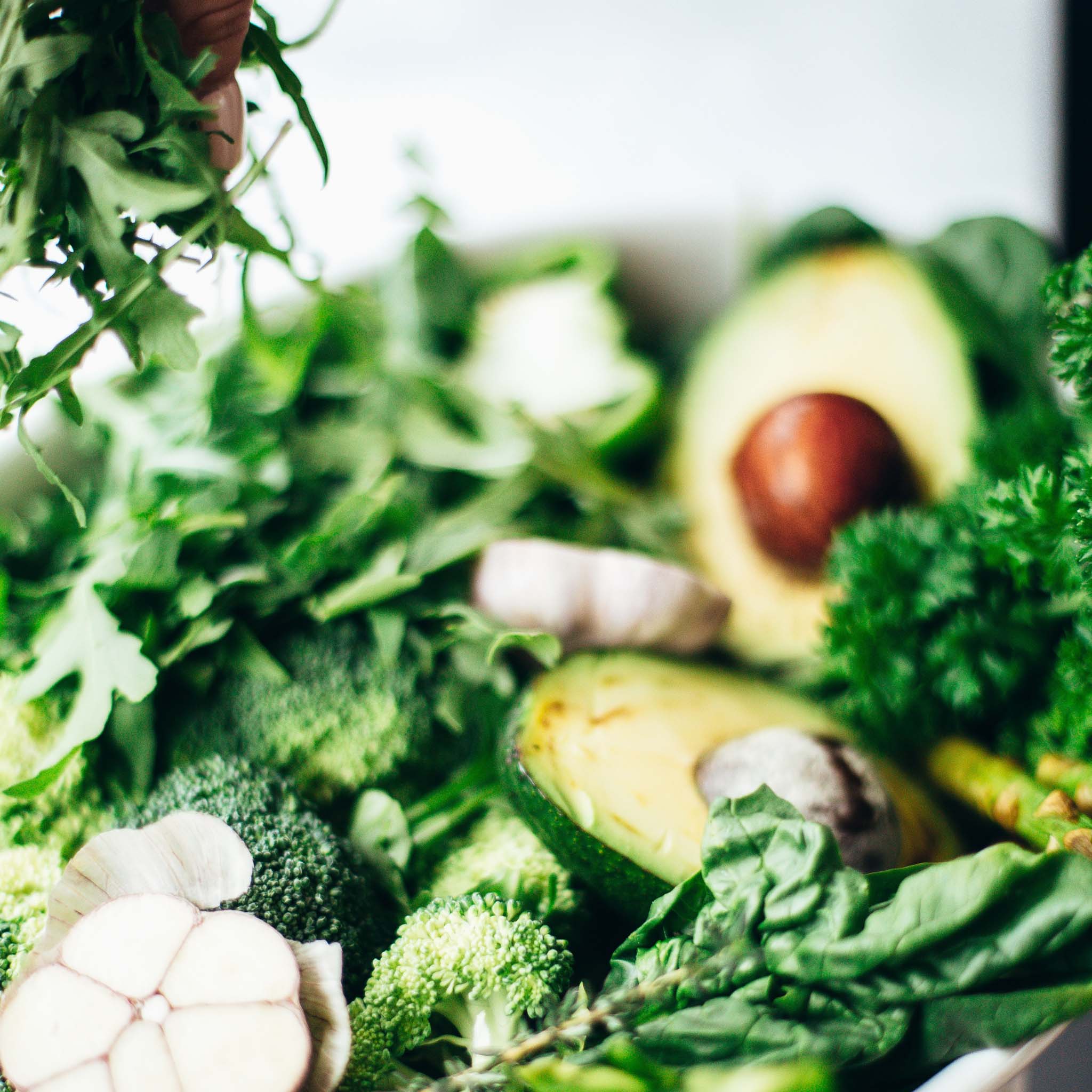Author: Megan Jones (Adv.Dip.NutMed, BHsc.NutMed)
Whether the cause is insomnia, newborn baby life, or the noisy neighbours keeping us awake at night, most of us are familiar with the unwanted side effects of sleep deprivation. A bad night's sleep doesn’t just deplete us of our energy but can also cause a cascade of health issues; both physical and mental. [1]
But did you know that nutrition plays a key role in how well we do (or do not) sleep? Studies reveal that to achieve the desired peaceful slumber, a wide variety of nutrients are required; and for the mechanics of sleep to run smoothly, we need to optimise this balance. [2]
With this in mind, we have decided to explore the world of sleep, energy, and nutrition. We’ll look at how the right balance of nutrients can support a restful night’s sleep so we feel energised and refreshed the next day, and how daily supplements like Nuzest’s Good Green Vitality and Clean Lean Protein can help support our sleep and energy levels, naturally.
Key takeaways:
- Insufficient sleep has become a global problem, affecting our energy, alertness, and brain function. [3]
- Our sleep-wake cycle, known as our circadian rhythm, regulates our sleep phases and important biological processes that happen while we sleep. [4]
- Our nutrition can affect our sleep quality, duration, and the time it takes to fall asleep. [5]
- Nutrients like protein, omega-3 fatty acids, magnesium, vitamin B6 and vitamin D all play an important role in achieving a good night’s sleep. [6][7]
Why we need to sleep
Insufficient sleep is a global problem that is becoming increasingly common in today’s society. [3]
Approximately 45% of Australian and American adults do not achieve the recommended 7–9 hours of sleep per night. [8]
Getting enough sleep is not only essential for maintaining optimal levels of energy and alertness throughout the day but is arguably the foundation of physical, mental and emotional health. In fact, according to neuroscientist and Professor of Psychiatry Dr Matthew Walker, sleep is the most effective thing we can do to reset our brain and body health each day. [9]
We spend one third of our lives sleeping. However, in the absence of sleep, energy is not stored and instead, one third more is used which creates an energy deficit within the cells of our body. [10]
While excessive daytime sleepiness is the main symptom of sleep deprivation, our mood, memory, and concentration can also suffer. [11]
In fact, we now know that humans need more than seven hours of sleep each night to maintain cognitive performance. So much so, that after ten days of just seven hours of sleep, our brain is as dysfunctional as it would be after going without sleep for twenty-four hours! [12]
What happens when we are asleep?
Our circadian rhythm refers to our sleep-wake pattern over a 24-hour period, comprising of the alternating release of melatonin (sleep hormone) and cortisol (stress hormone). Melatonin is responsible for regulating our sleep cycle and is produced by the pineal gland in response to darkness. Conversely, natural light early in the morning resets the circadian clock by stopping melatonin release and releasing cortisol to wake us up instead. [13]
When we are asleep, we cycle through rapid eye movement (REM), with an almost complete paralysis of the body and often vivid dreaming, and non-REM sleep (NREM), where the transition to deep sleep and decreased metabolic activity ensues. [14]
Our body goes through several other important processes while we are asleep that help to restore and rejuvenate our mental and physical health. Our body builds tissue and restores immune and hormone function, our brain gets rid of toxic waste, and nerve cells communicate and reorganise, all supporting optimal brain health. This ‘cleansing’ biological mechanism, known as the ‘glymphatic system’ is 10 times more active while we sleep at night. In order to increase the efficiency of this waste removal, our brain cells actually shrink while we are sleeping! [15]
How nutrition affects sleep
The relationship between dietary intake and sleep has gained considerable scientific attention in recent years, largely in an effort to understand how specific dietary factors directly influence our sleep. [16]
Studies have confirmed that diet quality, particularly closer to bedtime, influences sleep architecture. [5]
Moreover, nutrition can profoundly affect the hormones and inflammation status which can directly or indirectly contribute to insomnia. [17]
When our gastrointestinal health is optimal, the amino acid tryptophan undergoes several metabolic processes, and produces melatonin (our sleep hormone). [18]
Diets rich in fruits, vegetables and legumes (such as kidney beans, soy beans, peas and chickpeas), as well as other sources of dietary tryptophan like lean turkey meat, oats and whole milk [19] have been shown to predict favourable sleep outcomes.
Other foods such as cherries, goji berries, eggs and fish are rich sources of melatonin, which have also been proven to help regulate the circadian rhythm and keep the body’s sleep-wake cycle on track. [20][21][22]
Conversely, a diet low in tryptophan appears to impair sleep. Acute tryptophan depletion affects the synthesis of serotonin and can reduce REM sleep onset. [8]
Studies indicate that skipping breakfast and eating irregularly are strongly associated with poor sleep quality, while low protein intake (<16% of energy from protein) has also been associated with poor quality of sleep and marginally associated with difficulty initiating sleep. [5]
Top 5 nutrients to help you sleep
- Protein – High protein foods that are rich in the amino acid tryptophan can support both the quality and duration of sleep. These include turkey, chicken, whole milk, and oats. [23] Nuzest’s Clean Lean Protein is another great option containing 198mg of tryptophan per serve. A high protein isolate made from European Golden Peas, Clean Lean Protein contains all 9 essential amino acids and provides up to 20g of protein per 25g serve.
- Omega-3 Fatty Acids – Studies suggest that supplementing with omega-3 fatty acids can improve certain aspects of sleep like the quality and length, and can protect against sleep disturbances. [24] Foods that are high in omega-3 fatty acids include cold-water fatty fish like salmon, mackerel, tuna, herring and sardines, as well as nuts and seeds like chia, walnuts, flaxseeds and oils such as cod liver oil, flaxseed, fish and krill oil. [25]
- Magnesium - Magnesium can help to improve your sleep by supporting your central nervous system to calm you and relieve both anxiety and depression. [7] You will find magnesium in foods like pumpkin and chia seeds, cashews, dark leafy greens, almonds, avocados, legumes and the ever-popular, dark chocolate. [26]
- Vitamin B6 - Sufficient levels of vitamin B6 help to support melatonin production during the evening which regulates the sleep-wake cycle and supports a restful night’s sleep. [27] Vitamin B6 is found in foods such as fish, beef liver and other organ meats, as well as starchy vegetables like potatoes and fruit (other than citrus). [28]
- Vitamin D - Growing evidence has demonstrated that vitamin D has a role in sleep regulation and a deficiency is associated with a higher risk of sleep disorders. [29] Foods that are high in vitamin D include fatty/oily fish like salmon, swordfish, tuna, and sardines, as well as beef liver, egg yolk, mushrooms that have been exposed to sunlight, and dairy. [30]
Whatever your sleep/nutrition concerns may be, here at Nuzest, we’ve got you covered! Our Good Green Vitality is packed full of essential vitamins and minerals. Taken as part of your morning ritual, it can help to fill those nutritional gaps and support your body’s natural sleep-wake cycle. To help you reach your daily protein goals, 2 scoops of Clean Lean Protein is a delicious option to balance your macronutrient intake and achieve a peaceful slumber.
References:
- National Institute of Health. The benefits of slumber [Internet]. NIH News in Health. 2018. Available from: https://newsinhealth.nih.gov/2013/04/benefits-slumber
- Doherty R, Madigan S, Warrington G, Ellis J. Sleep and Nutrition Interactions: Implications for Athletes. Nutrients [Internet]. 2019 Apr 11;11(4):822. Available from: https://www.ncbi.nlm.nih.gov/pmc/articles/PMC6520871/
- Chattu V, Manzar Md, Kumary S, Burman D, Spence D, Pandi-Perumal S. The Global Problem of Insufficient Sleep and Its Serious Public Health Implications. Healthcare [Internet]. 2018 Dec 20;7(1):1. Available from: https://www.ncbi.nlm.nih.gov/pmc/articles/PMC6473877/
- Pavlova M. Circadian Rhythm Sleep-Wake Disorders. CONTINUUM: Lifelong Learning in Neurology. 2017 Aug;23(4):1051–63.
- St-Onge MP, Mikic A, Pietrolungo CE. Effects of Diet on Sleep Quality. Advances in Nutrition [Internet]. 2016 Sep 1;7(5):938–49. Available from: https://www.ncbi.nlm.nih.gov/pmc/articles/PMC5015038/
- Zhao M, Tuo H, Wang S, Zhao L. The Effects of Dietary Nutrition on Sleep and Sleep Disorders. Mediators of Inflammation. 2020 Jun 25;2020:1–7.
- How Magnesium Can Help You Sleep [Internet]. Healthline. 2023 [cited 2023 Apr 27]. Available from: https://www.healthline.com/nutrition/magnesium-and-sleep#what-is-magnesium
- Binks H, E. Vincent G, Gupta C, Irwin C, Khalesi S. Effects of Diet on Sleep: A Narrative Review. Nutrients [Internet]. 2020 Mar 27;12(4):936. Available from: https://dx.doi.org/10.3390%2Fnu12040936
- The best thing you can do for your health: sleep well [Internet]. the Guardian. 2019. Available from: https://www.theguardian.com/lifeandstyle/2019/feb/09/best-thing-you-can-do-for-your-health-sleep-well
- Engle-Friedman M. The effects of sleep loss on capacity and effort. Sleep Science. 2014 Dec;7(4):213–24.
- Colten HR, Altevogt BM. Extent and health consequences of chronic sleep loss and sleep disorders [Internet]. nih.gov. National Academies Press (US); 2006. Available from: https://www.ncbi.nlm.nih.gov/books/NBK19961/
- Walker, Matthew. 2018. Why We Sleep. Harlow, England: Penguin Books.
- Mohd Azmi NAS, Juliana N, Azmani S, Mohd Effendy N, Abu IF, Mohd Fahmi Teng NI, et al. Cortisol on Circadian Rhythm and Its Effect on Cardiovascular System. International Journal of Environmental Research and Public Health [Internet]. 2021 Jan 1;18(2):676. Available from: https://www.mdpi.com/1660-4601/18/2/676
- Patel AK, Araujo JF. Physiology, Sleep Stages [Internet]. Nih.gov. StatPearls Publishing; 2018. Available from: https://www.ncbi.nlm.nih.gov/books/NBK526132/
- Reddy OC, van der Werf YD. The Sleeping Brain: Harnessing the Power of the Glymphatic System through Lifestyle Choices. Brain Sciences. 2020 Nov 17;10(11):868.
- Binks H, E. Vincent G, Gupta C, Irwin C, Khalesi S. Effects of Diet on Sleep: A Narrative Review. Nutrients [Internet]. 2020 Mar 27;12(4):936. Available from: https://dx.doi.org/10.3390%2Fnu12040936
- Zhao M, Tuo H, Wang S, Zhao L. The Effects of Dietary Nutrition on Sleep and Sleep Disorders. Mediators of Inflammation. 2020 Jun 25;2020:1–7.
- Zhao D, Yu Y, Shen Y, Liu Q, Zhao Z, Sharma R, et al. Melatonin Synthesis and Function: Evolutionary History in Animals and Plants. Frontiers in Endocrinology [Internet]. 2019;10:249. Available from: https://pubmed.ncbi.nlm.nih.gov/31057485/#:~:text=Serotonin%20is%20either%20acetylated%20to%20N-acetylserotonin%20or%20it
- Friedman M. Analysis, Nutrition, and Health Benefits of Tryptophan. International Journal of Tryptophan Research. 2018 Jan;11:117864691880228.
- Zuraikat FM, Wood RA, Barragán R, St-Onge MP. Sleep and Diet: Mounting Evidence of a Cyclical Relationship. Annual Review of Nutrition. 2021 Aug 4;41(1).
- Salehi B, Sharopov F, Fokou PVT, Kobylinska A, de Jonge L, Tadio K, et al. Melatonin in Medicinal and Food Plants: Occurrence, Bioavailability, and Health Potential for Humans. Cells [Internet]. 2019 Jul 5 [cited 2020 Nov 21];8(7). Available from: https://www.ncbi.nlm.nih.gov/pmc/articles/PMC6678868/
- Meng X, Li Y, Li S, Zhou Y, Gan RY, Xu DP, et al. Dietary Sources and Bioactivities of Melatonin. Nutrients [Internet]. 2017 Apr 7;9(4):367. Available from: https://www.ncbi.nlm.nih.gov/pmc/articles/PMC5409706/
- Top Foods High in Tryptophan [Internet]. WebMD. Available from: https://www.webmd.com/diet/foods-high-in-tryptophan
- 17 Science-Based Benefits of Omega-3 Fatty Acids [Internet]. Healthline. 2018. Available from: https://www.healthline.com/nutrition/17-health-benefits-of-omega-3#TOC_TITLE_HDR_17
- Office of Dietary Supplements - Omega-3 Fatty Acids [Internet]. ods.od.nih.gov. Available from: https://ods.od.nih.gov/factsheets/Omega3FattyAcids-Consumer/#:~:text=You%20can%20get%20adequate%20amounts
- Blackmores. Magnesium rich foods for your health [Internet]. www.blackmores.com.au. Available from: https://www.blackmores.com.au/energy/10-magnesium-foods-for-your-health
- Peuhkuri K, Sihvola N, Korpela R. Dietary factors and fluctuating levels of melatonin. Food & Nutrition Research [Internet]. 2012 Jul 20;56. Available from: https://www.ncbi.nlm.nih.gov/pmc/articles/PMC3402070/
- Office of Dietary Supplements - Vitamin B6 [Internet]. ods.od.nih.gov. Available from: https://ods.od.nih.gov/factsheets/VitaminB6-HealthProfessional/#:~:text=The%20richest%20sources%20of%20vitamin
- Romano F, Muscogiuri G, Di Benedetto E, Zhukouskaya VV, Barrea L, Savastano S, et al. Vitamin D and Sleep Regulation: Is there a Role for Vitamin D? Current Pharmaceutical Design. 2020 Jun 24;26(21):2492–6.
- National Institutes of Health. Vitamin D [Internet]. Nih.gov. 2022. Available from: https://ods.od.nih.gov/factsheets/VitaminD-HealthProfessional/


